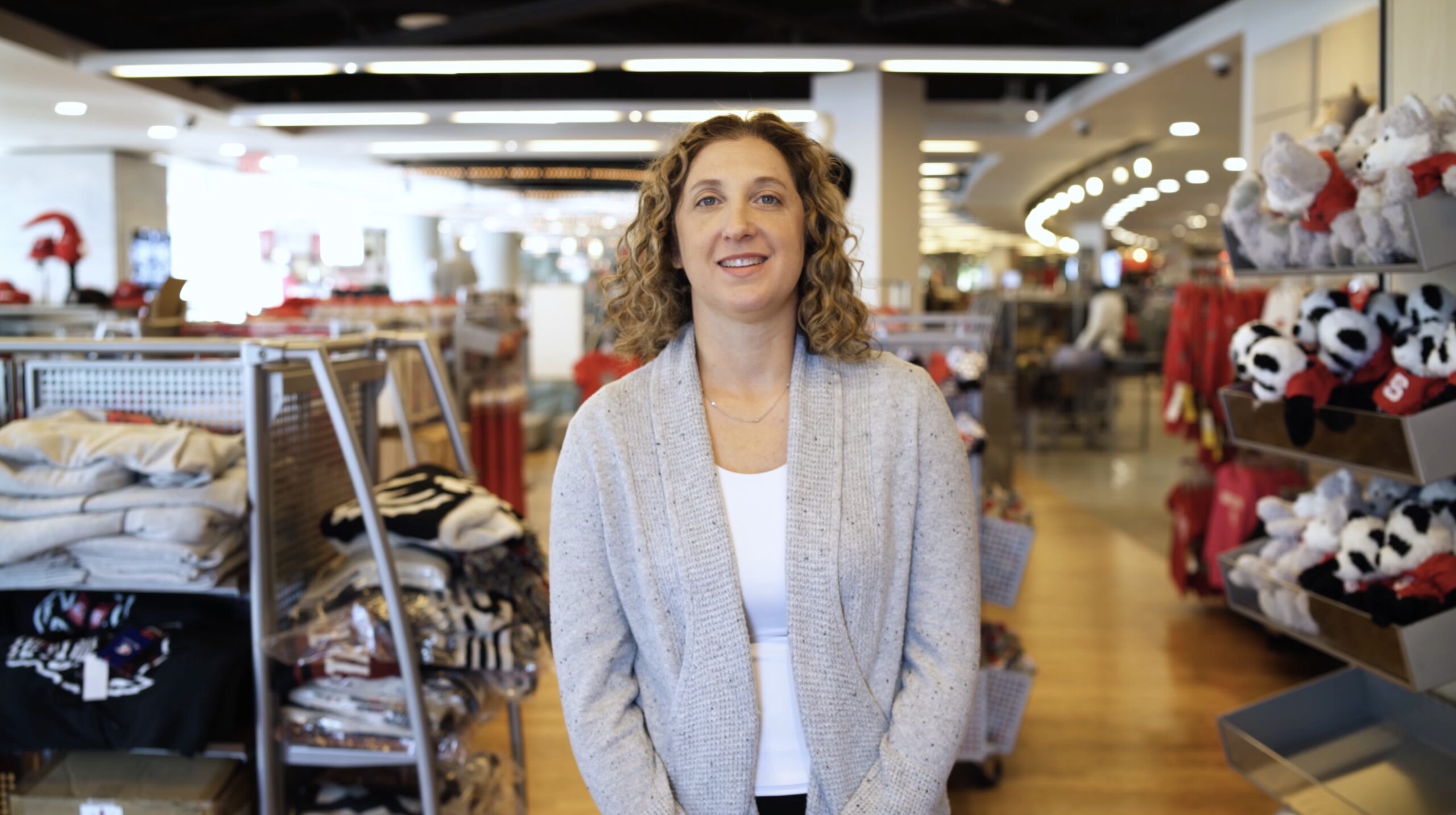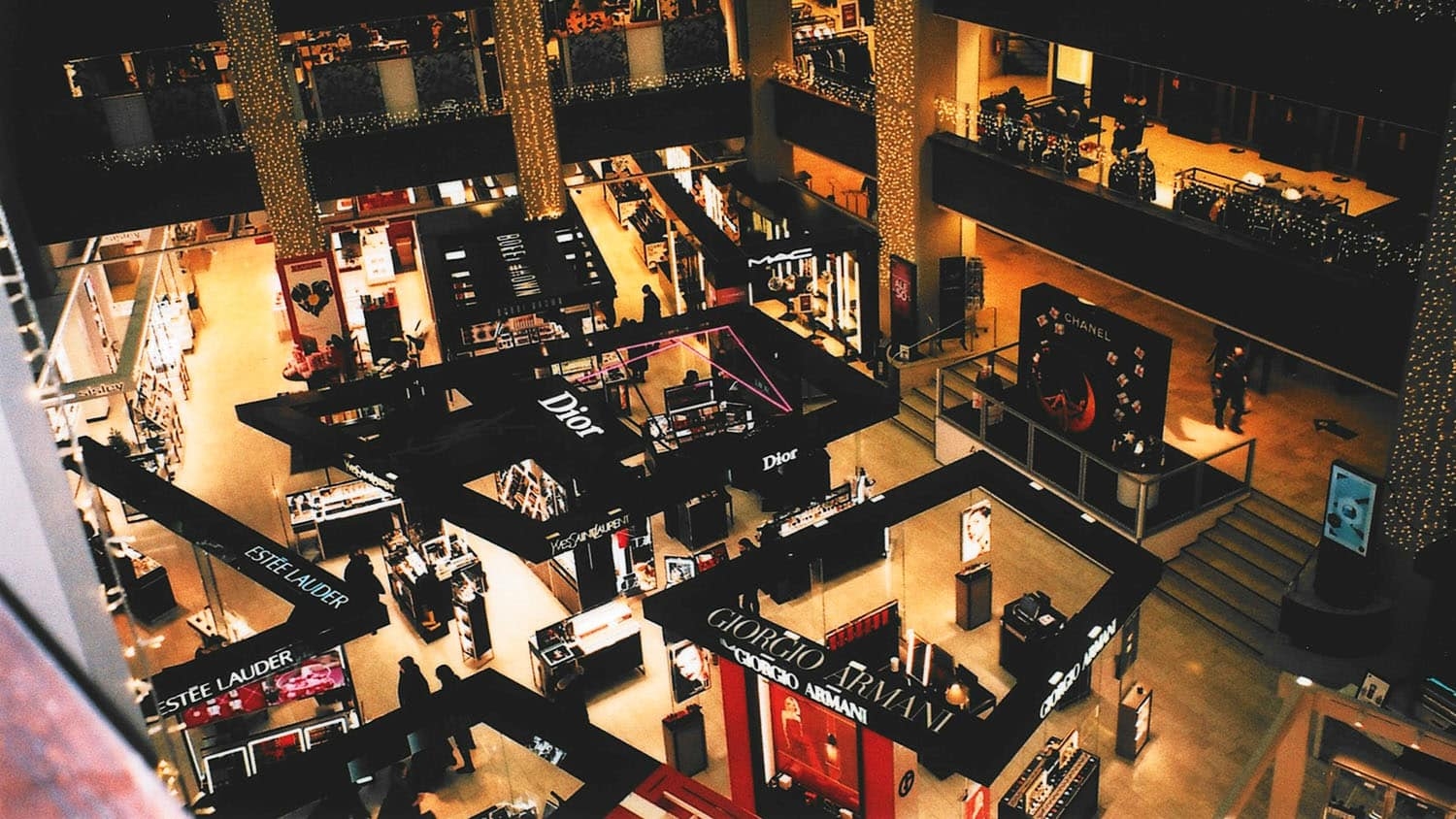Rounding Up Rouses Shoppers’ Generosity
Charitable giving requests at retail checkout counters have exploded. So has interest in a Poole College scholar’s research on how consumers respond to them.
In the five years since Stefanie Robinson published research on charitable giving at store checkout counters, the practice has proliferated. More than half of Americans donate while shopping, according to one recent study.
As charitable checkout requests have grown, so has interest in the Poole College associate professor of marketing’s 2019 research on how consumers respond to different types of donation requests. In May, The Associated Press referenced Robinson’s study in an article about Domino’s Pizza’s $174 million commitment to St. Jude’s Children’s Hospital.
In “Would You Like to Round Up and Donate the Difference? Roundup Requests Reduce the Perceived Pain of Donating, Robinson and her co-authors—Katie Kelting of Saint Louis University and Richard Lutz of the University of Florida—tested two different ways of requesting donations at retail checkout counters: asking that shoppers round up their total bill or requesting a flat amount.
In every scenario they studied in the lab and the field, shoppers were more likely to round up than to donate a specific amount. The trend held, even when the actual donation amounts were identical: On a $23.50 shopping bill, for instance, requests to round up to the next whole dollar and donate the difference performed better than requests to donate 50 cents.
We recently caught up with Robinson to talk about the study’s impact and where her research is headed next.
Q: So, why do people prefer rounding up to paying a flat amount?
A: We showed that, even though you’re being asked for the same amount of money, it just doesn’t feel as painful when asked to round up compared to being asked for a flat amount of money.
Q: Where do you see this research going next?
A: One thing that we’ve talked about is whether it matters if it’s a public or private setting. If a cashier’s asking you, versus at a self-checkout or at home ordering online, is that going to change whether roundup is still preferred?
We have talked about how the request for donations interacts with other requests, specifically tipping. In recent years, we have seen an increase in tipping requests. Therefore, we are interested to see how requests for tips and donations work together. Does one inhibit the other? Do they work together?
Q: What type of impact would you like this research to have?
A: If more retailers utilize the roundup tactic, they can gather additional donations for nonprofits. I like to believe that this means our research is contributing to doing good and helping causes secure the money they need.
Even five years later, this research question is still important. That demonstrates the value of the research we’re doing and that we are having a strong impact on companies and society.
- Categories:



